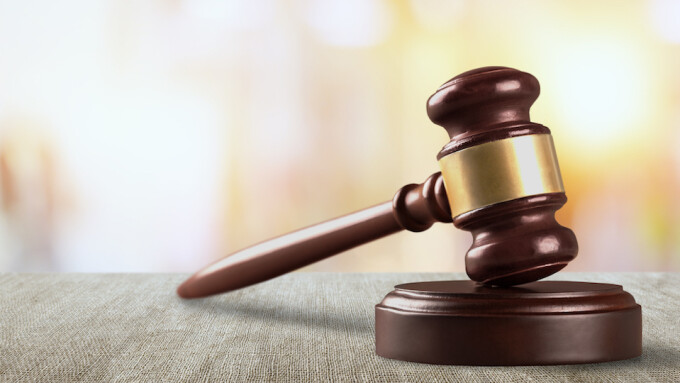SAN FRANCISCO — Bloomberg Law published a report on Thursday, linking the onslaught of federal and state lawsuits against Meta over the supposed addictive nature of Instagram and Facebook with the anti-porn “age verification” controversies around the country.
These new politically-driven lawsuits against the platform giant, writes Bloomberg Law’s Tonya Riley, “will likely accelerate an already roiling national debate over how internet companies should limit access by minors to harmful content.”
Riley notes that the attorneys general in a joint federal suit, filed by 33 states, argued that Meta could have used “feasible alternative age verification methods” such as “requiring young users to submit student IDs upon registration,” adding that political pressure has resulted in “a flood of opportunities for companies that collect forms of identification or use advanced facial recognition, known as age estimation, to verify a user’s age.”
This, in turn, has triggered privacy concerns, and also First Amendment challenges.
“You’re going to see a very, very robust battle between the governments and Meta as to whether or not various forms of age verification are practical, deployable at scale, and effectively able to avoid compromise,” legal expert Matthew Woods told Bloomberg Law. “And that’s a technical question that I think the courts are going to have to wrestle with.”
The argument that Meta could have used age verification to prevent underaged user access, Riley notes, “puts the state attorneys general in the middle of a growing fight over the role of age-verification technologies in keeping minors away from harmful content.”
The epicenter of that ongoing fight is the flurry of anti-porn “age verification laws” peddled around the country by religious conservative politicians, though with broad bipartisan support.
As XBIZ has been reporting, leading conservative anti-porn crusaders have admitted that the state-by-state age verification laws are merely a steppingstone in an organized effort to ban all adult content online and revive obscenity prosecutions.
“Industry and free speech critics say such laws violate user’s First Amendment rights,” Riley explains. “Federal judges have paused the Arkansas, Texas, and California laws as legal challenges against them proceed, while a case against the Louisiana porn law was thrown out by a federal judge earlier this month.”
“The timing is really interesting in light of this line of cases we’ve gotten reaffirming the First Amendment issues with age verification,” Bailey Sanchez, senior counsel with the Future of Privacy Forum, told Bloomberg Law. Sanchez also warned about “serious privacy implications.”
To read “Meta’s Dispute Over Addicted Kids Reignites Age-Proofing Fight,” visit BloombergLaw.com.






